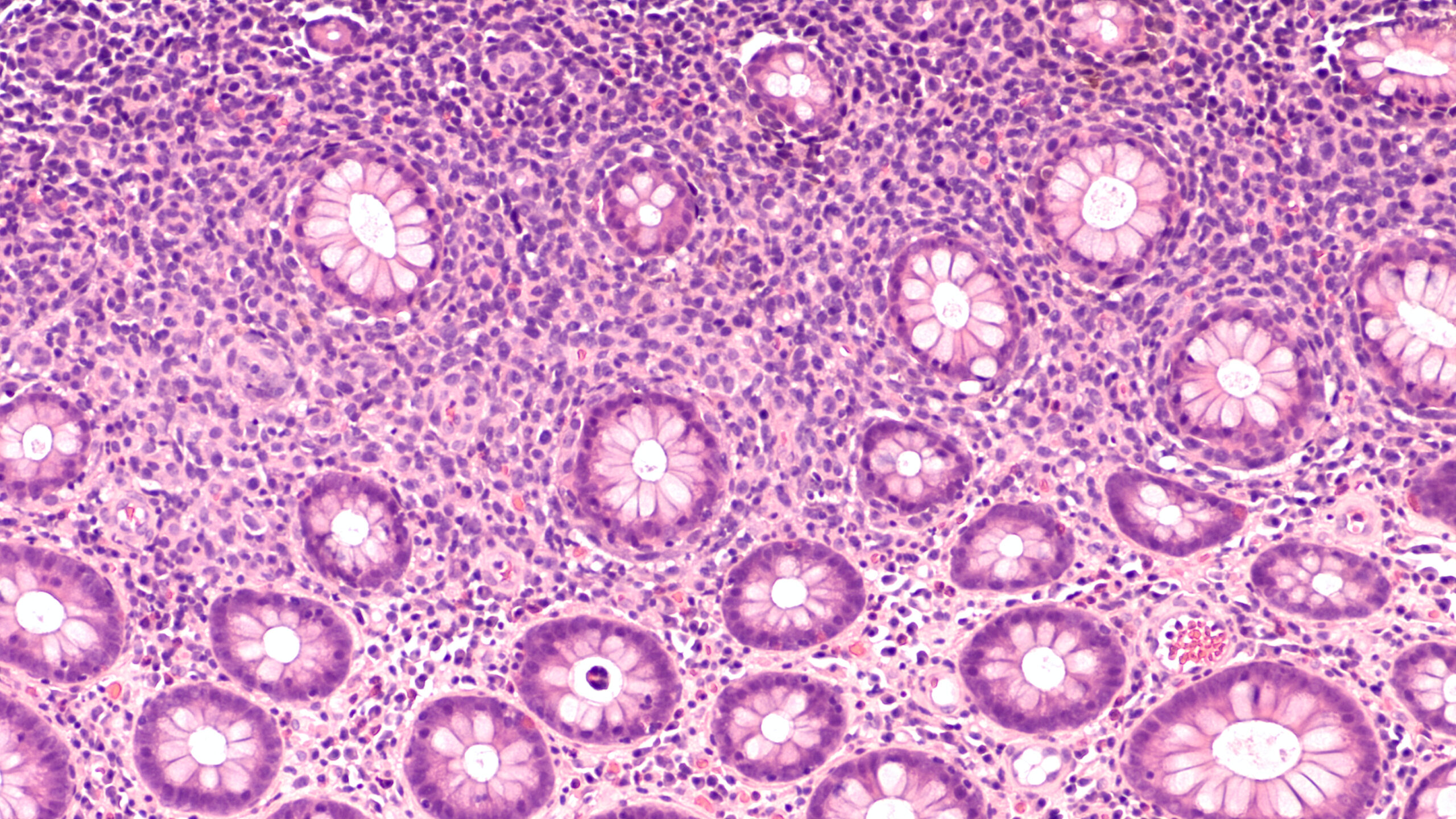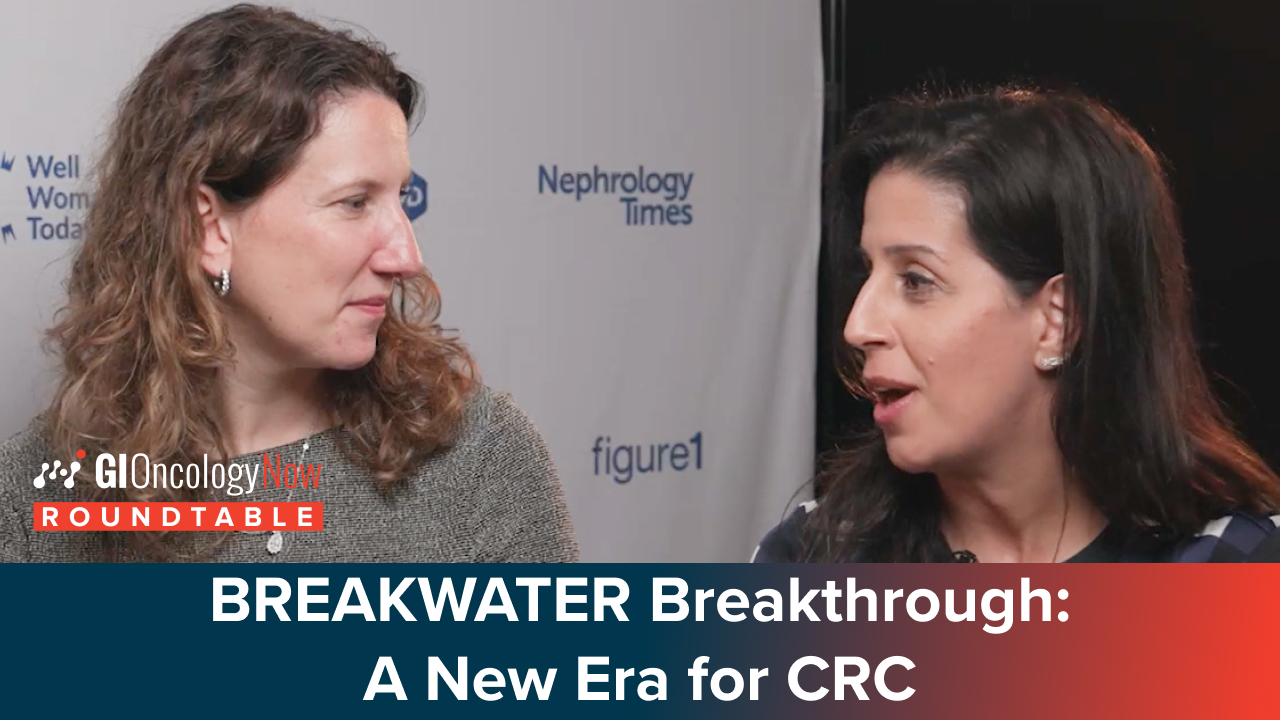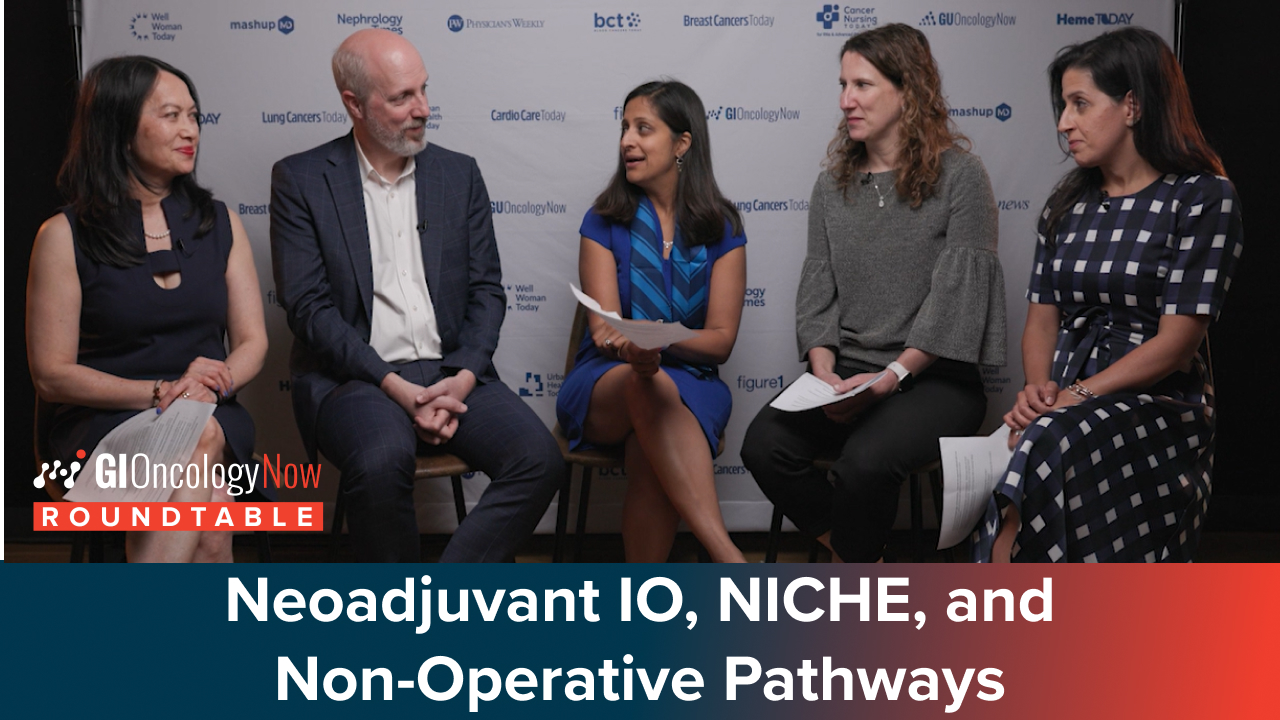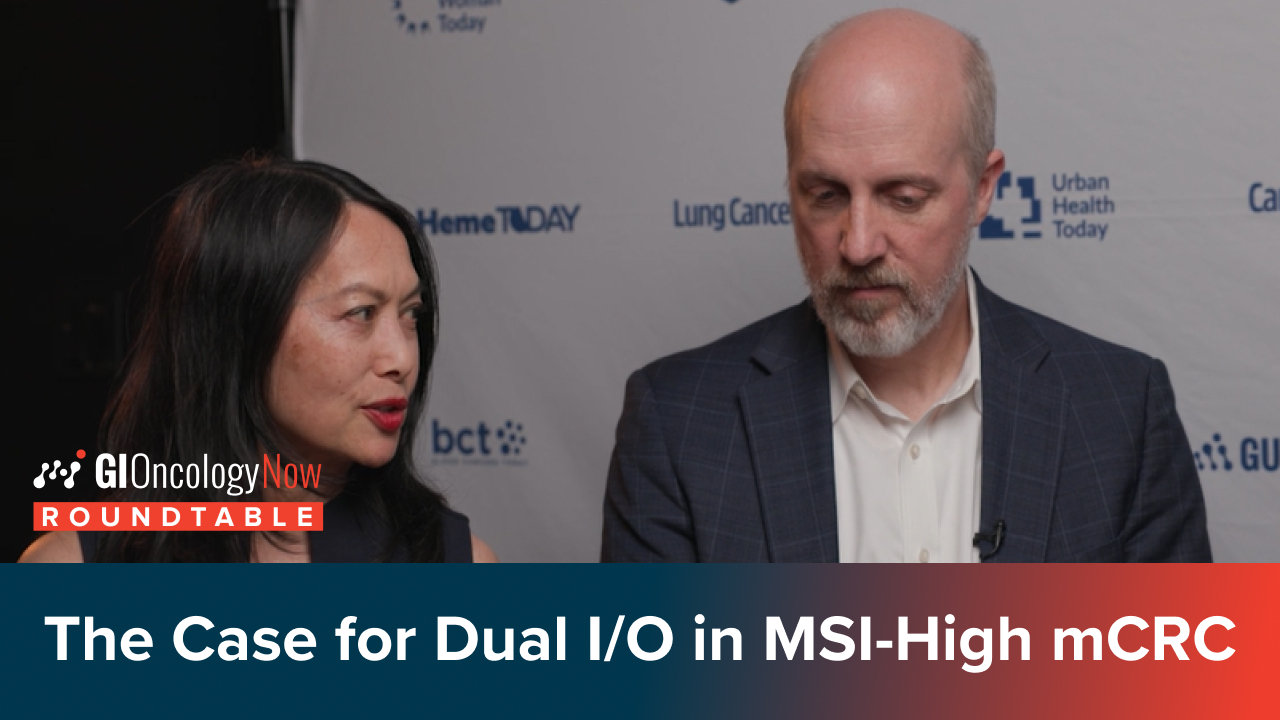
The potential uses of bexarotene, a retinoid, for patients with colon cancer have not been adequately explored.
A study from Huajun Zheng, MD, and colleagues published in the Journal of Gastrointestinal Cancer sought to determine the efficacy of bexarotene as a targeted therapy for the biomarker SEZ6L2 in that patient population.
Researchers investigated the SEZ6L2 expression levels of 478 patients with colon cancer, as well as data focused on clinical characteristics, staging parameters, and treatment outcomes.
The study found that following analysis in a diverse cohort of patients with colon cancer, SEZ6L2 continually overexpressed and showed promise as a universal biomarker featuring prognostic significance. SEZ6L2 also encouraged cell viability in vitro without a direct connection to migration.
Treatment with bexarotene inhibited SEZ6L2 expression and related to decreased viability both in vitro and in vivo. In an in vivo environment, SEZ6L2 overexpression led to decreased survival rates.
Researchers noted that significant efficacy relating to treatment with bexarotene was context dependent. The therapy demonstrated efficacy in parental cells, but not with SEZ6L2 overexpression.
Dr. Zheng and colleagues concluded that computational predictions calculated a direct SEZ6L2-bexarotene interaction and called for further investigation into the treatment.
“The study provides valuable insights into SEZ6L2 as a prognostic biomarker in colon cancer, revealing its intricate relationship with clinical parameters, treatment outcomes, and bexarotene effects,” the researchers wrote. “Context-dependent therapeutic responses emphasize the nuanced understanding required for [the role of SEZ6L2] in colon cancer, paving the way for targeted therapeutic strategies.”







 © 2025 Mashup Media, LLC, a Formedics Property. All Rights Reserved.
© 2025 Mashup Media, LLC, a Formedics Property. All Rights Reserved.